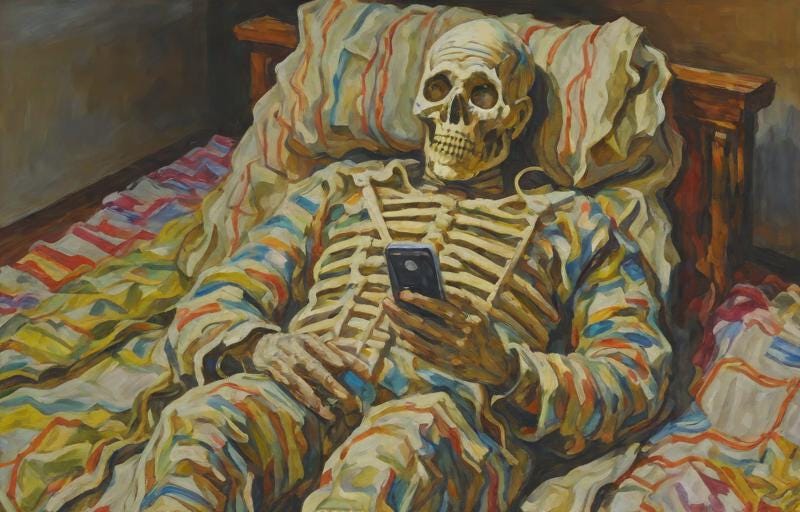Did I win? Did I win? Did I win?
As the wise sage Tom Petty once said, the waiting is the hardest part. Especially with writing success.
Right now I’m in jittery distracted mode, constantly checking my inbox, hoping, hoping, hoping. The reason: Two months ago I entered my book into a manuscript contest, and last Friday was supposed to be the day they released the “long list” of winners (which is just an initial round of winners, followed by a “short list” and then, much later, the grand prize winners. No, I don’t now why they do it this way in writing contests, except to prolong the agony).
Of course, Friday has come and gone, and I’m still waiting. Still checking my inbox an embarrassing amount of times, still checking the writing contest’s web page every few hours (yes) for more info. Still feeling the burn of humiliation when I realize nothing has changed.
At this point, I just want to know something. Even bad news. Sure, my hopes will be dashed and my confidence (temporarily) crushed, but a rejection at least means the end of waiting.
But who the eff am I kidding? When it comes to creative writing, there is no end to the waiting. Like going to Disney World with cheap1 tickets, waiting is what you do when you’re not writing/riding.
Consoling myself with data
Writing and then waiting is so common — and so crazy-making — that the website Duotrope sells paid subscriptions that offer detailed wait-time reports for about 7,500 literary publications, agents and contests. The data is culled from nerd-minded writers like me who use the site’s handy submission tracker tool.
For example, here’s the top-line data on response times for a major literary website, based on 370 reports from writers who submitted essays and stories to this publication. I’ve omitted the publication’s name since this data is behind the Duotrope paywall:
When I first started trying to get essays published three years ago, I used Duotrope strategically, submitting to not just the big names but also lesser-known publications that had the magical Venn diagram of high acceptance rates and short wait times. It paid off. My little dashboard happily reminds me:
These days, I’m not as focused on publishing essays, instead pivoting to finding an agent and/or a publisher for my book. This is a more competitive level of writing, with less data, and therefore more irritating for those of who are naturally impatient, especially when a writing contest has blown its promised deadline.
I’d like to say embarking on a creative writing “career”2 has taught me to take a few deep breaths, close my inbox, and focus on feeling grateful for what I have now (like bragging rights on Duotrope, I guess?).
But no, in the process of writing this post, I’ve tabbed over to my inbox DOZENS of times. I’d love to forget about this contest and let my emails pile up for a few days, but that experiment would last as long as an uneaten Hershey’s Kiss on my kitchen countertop. I’m just not wired to wait patiently for things, whether that’s chocolate or writing contest results.
How being neurotic about waiting is a good thing
And that might actually be a good thing, writes researcher Kaye Sweeny and her University of California-Riverside colleagues in a study of law students waiting to find out if they passed the bar.
Her team discovered that there were virtually no methods that helped reduce the agony of waiting. But, surprisingly, students who were more anxious and plagued with rumination (*waves heartily in solidarity*) actually “responded more productively to bad news and more joyfully to good news” than the chill students.
That’s just one study, of course, but that’s all the evidence I need that being a little neurotic can be helpful. AKA, time to check my inbox again!
The money part remains elusive and may never materialize, hence the quotes.







Love this. I think all of us can relate. And I’m thrilled to learn that being neurotic is a good thing! 😁
Great article with a catchy/applicable photo. I too used to suffer from the waiting trauma. I love the subscription you mentioned as a tracker and way to manage things. Thank you for sharing!